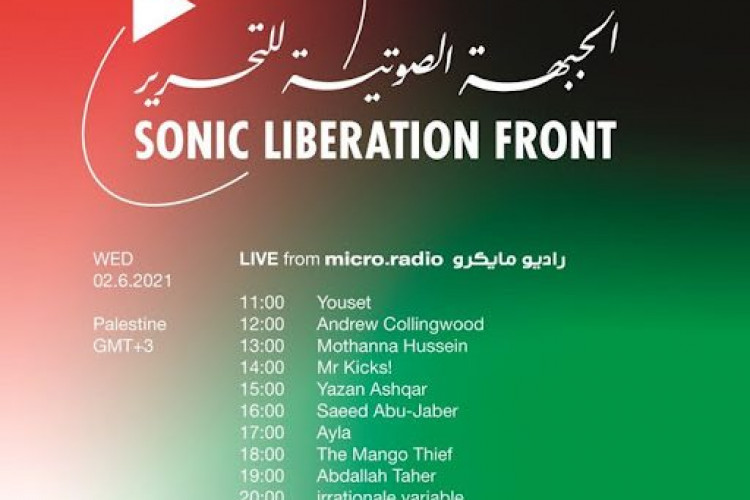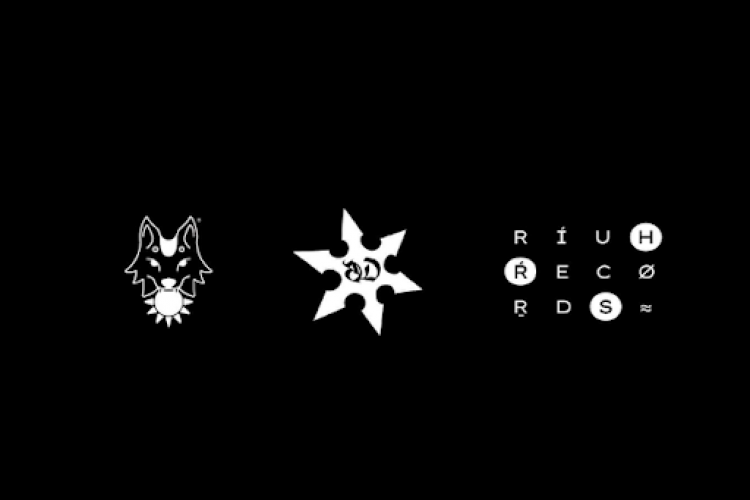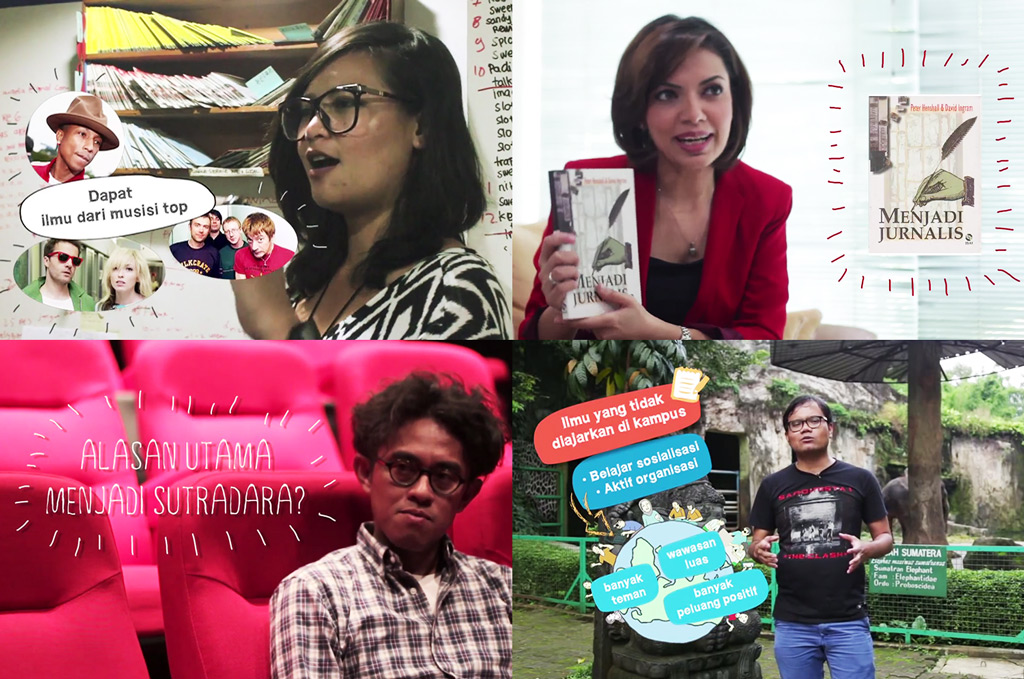
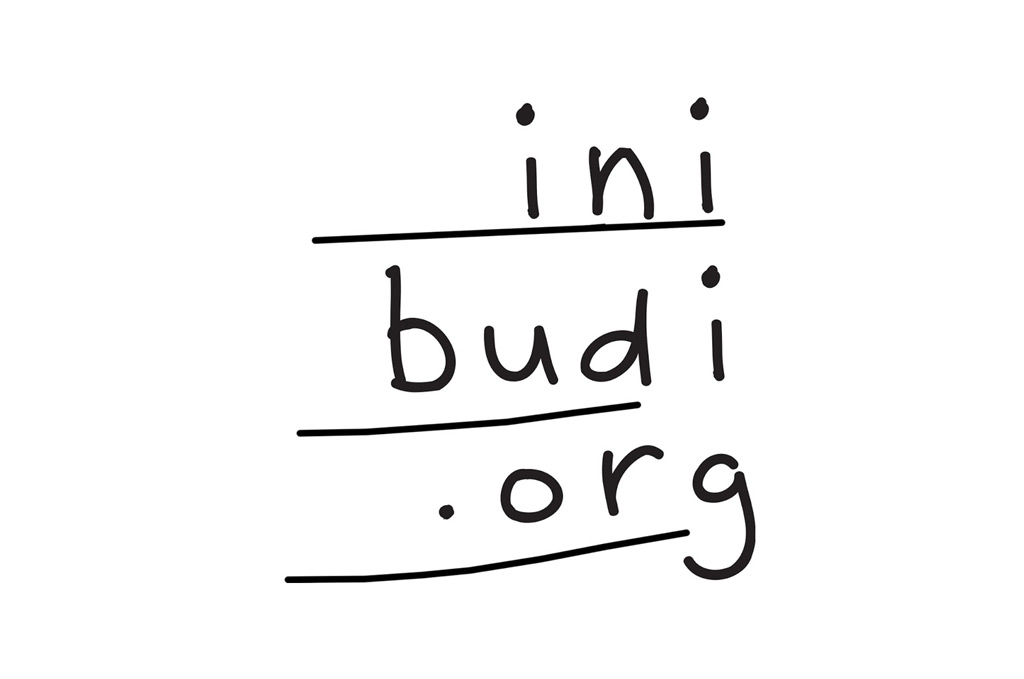
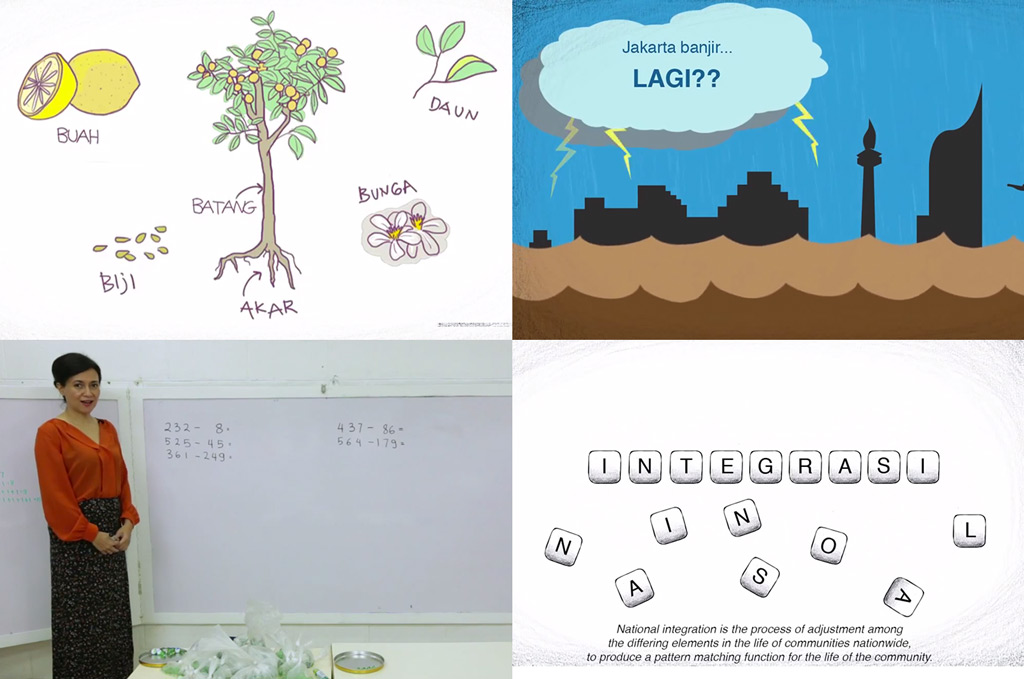
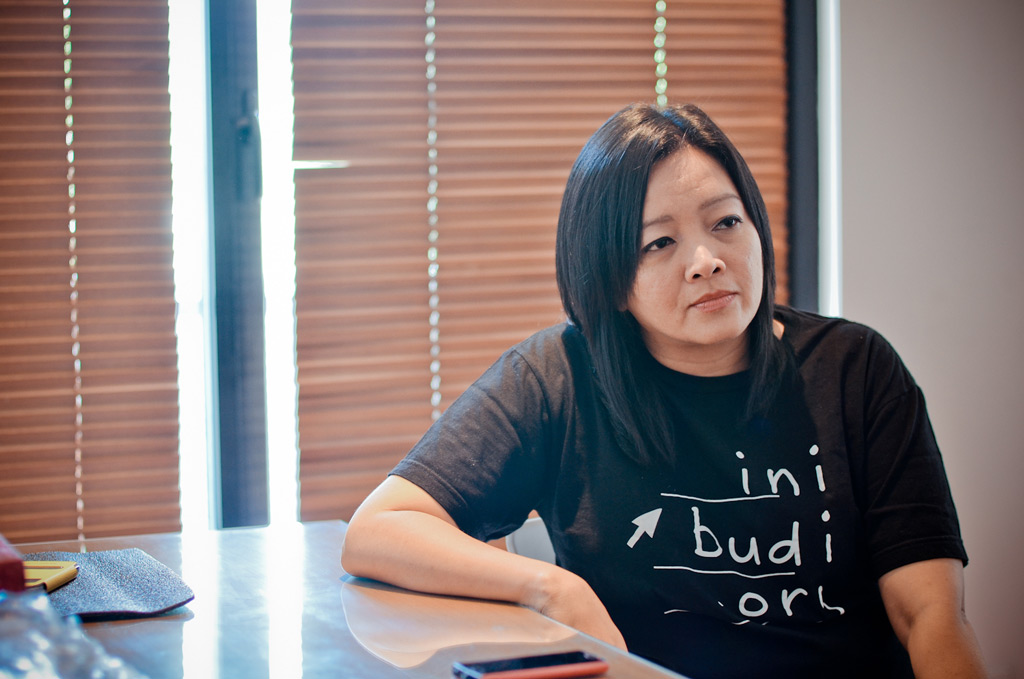
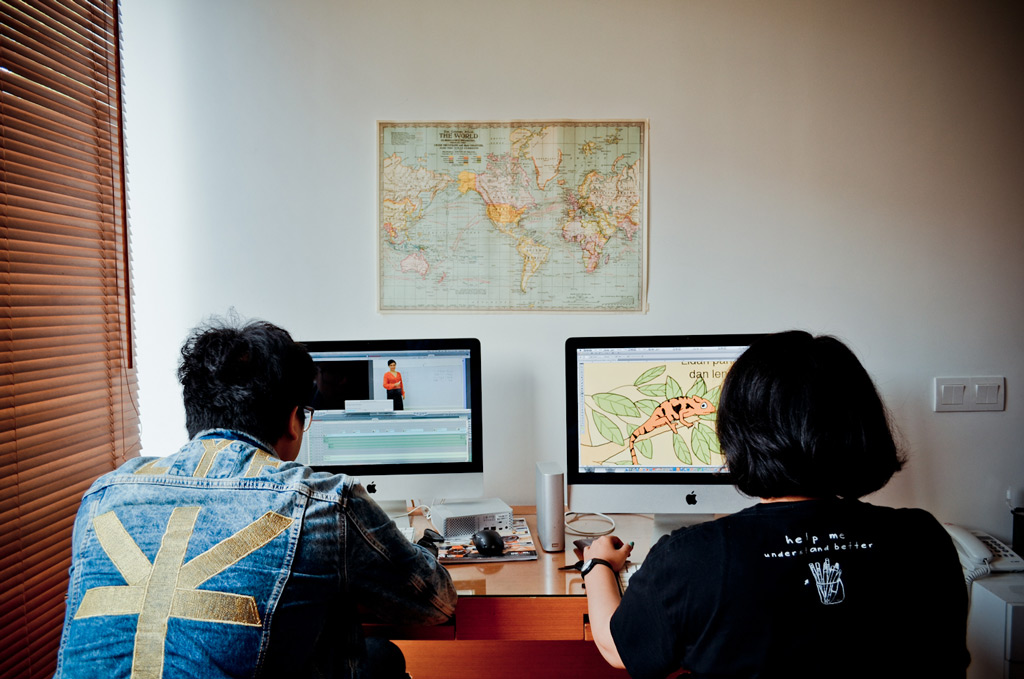
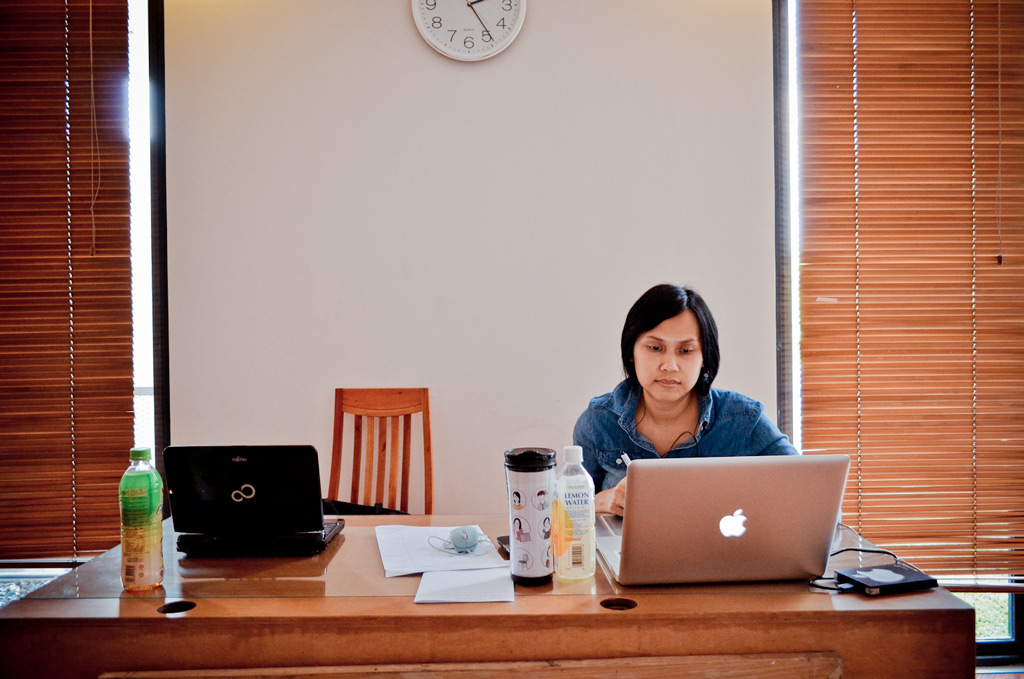
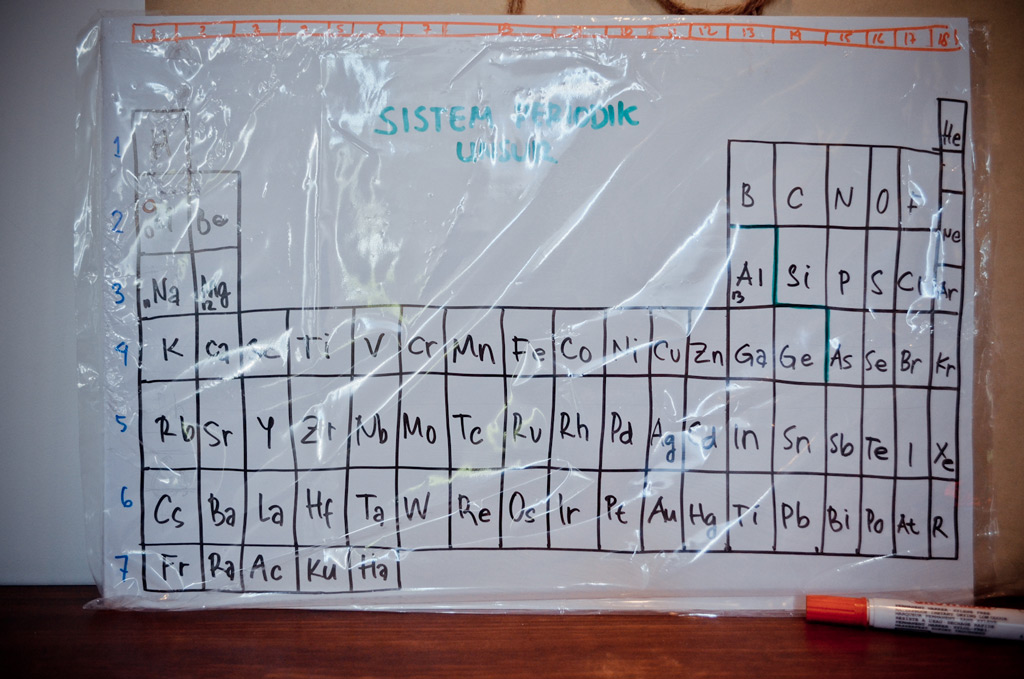
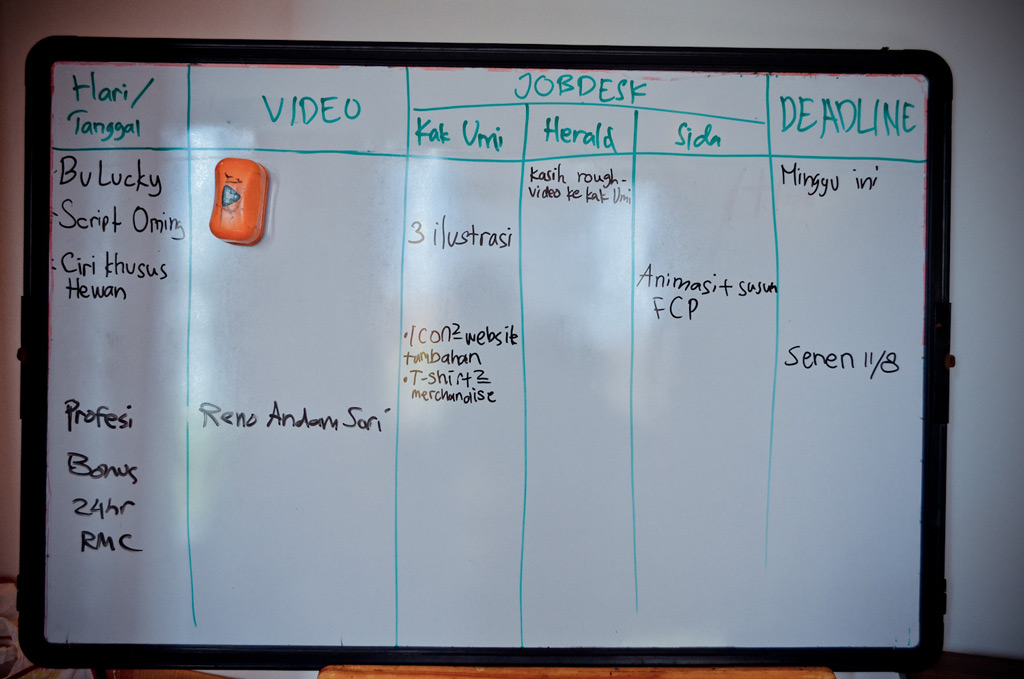
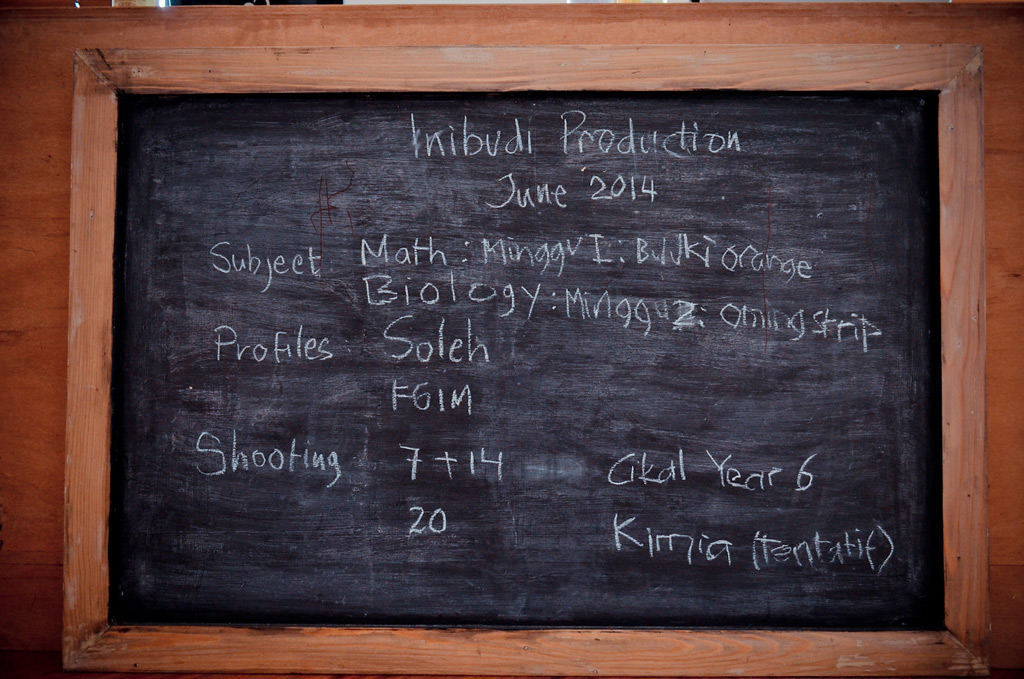
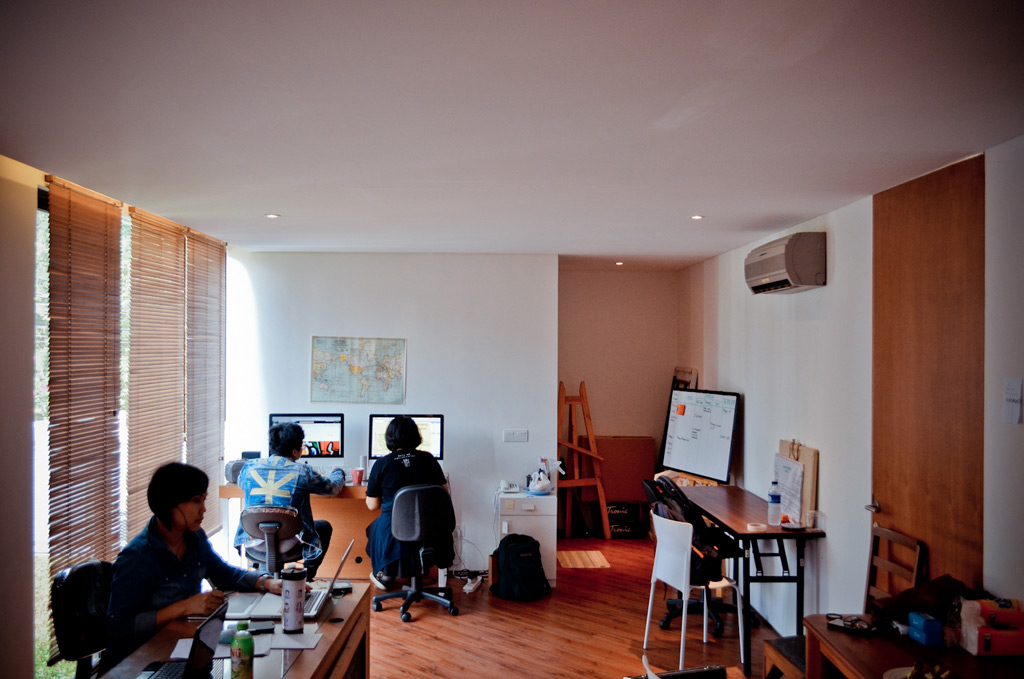
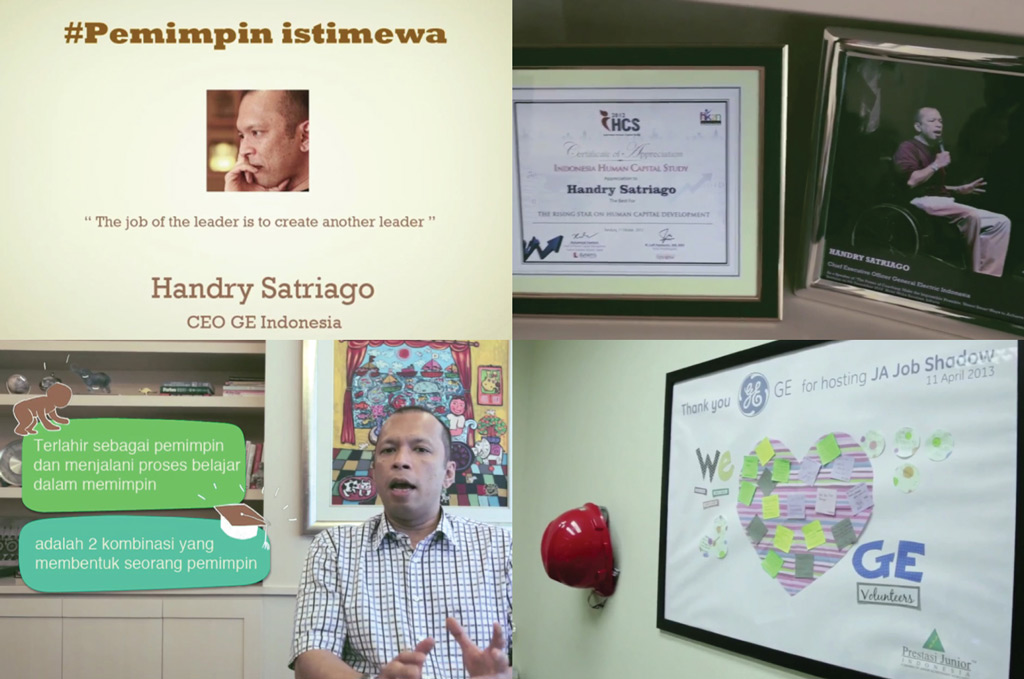
In his interview with Al Jazeera for “Educating Indonesia” news feature, education expert Anies Baswedan explains the grand reason behind his “Indonesia Mengajar” program, “Indonesia has enough teachers, but the distribution is uneven. In remote areas 66% of schools didn’t have enough number of teachers. Also, the quality is not that good”.
Later, in the Aljazeera documentary reveals that in remote areas, only a small number of teachers also have minimum qualification, that most of the teachers there are high school graduates. In larger areas like Jakarta, there is also a problem where some of the teachers are old-fashioned so they are unaware of computer-based education. Education experts say that less than half of the country’s teachers have the minimum qualifications to properly teach and the absenteeism hovers at around 20 percent. Many teachers in the public school system have to work outside of the school to make a living.
The Internet came to Indonesia in the early 90’s, and began to spread to the public in the late 90’s. Starting as an email service for big companies, the internet is now a major element in most of the people’s life. The number of Indonesian internet users has reached 71.19 million in 2013 – quoted from The Association of Indonesian Internet Providers (APJII), up about 13 percent from 63 million users in the previous year.
Based on the agreed Millennium Development Goals (MDGs) by the ITU, the number of Internet users in Indonesia is expected to reach 107 million in 2014 and to increase to 139 million users in 2015. Today, it’s covering all of the important aspects in the human life, including the stream of information and education.
Inibudi.org is an organization that captures this phenomenon. Seeing how the internet offers a global set of information spread from the world, they perceive it as an opportunity to make a new form of education. With the fast-paced development of internet as an information source, they think that it is time for the methods of teaching and learning to catch up with the trends.
Established in May 2012, Inibudi.org envision to utilize internet as a medium to bring out a better education for the people. “There are a lot of problems in Indonesia’s education system. There is a problem of access, the quality, and employability. Our company focused on tackling the access and quality problem. Not necessarily as a critic to the traditional education system, but because we understood that it takes time to make changes in the national educational system, not to mention there’s a lot of bureaucracy to deal with. Instead of only criticizing and waiting for the change to happen, we did what we can do to help”, Wilita Putrinda, managing director of Inibudi explains.
Youtube.com is a place where inibudi’s prototype took their first step. Inibudi created animation based education material to be uploaded on the site. Shortly after, they decide to make an official site to compile their material. Now, they have about 150.000 subscribers and they broaden their coverage by adding textbooks and practice tests to their site. And it’s all free to view and even to download from the site.
Video based education methods is also a good adaptation to how much of our generation’s time is spent on screens and internet. This kind of education also is a critical approach to learning styles that differs from one child to another. For example, to a kid who has a “bodily” style of learning who has to keep moving (or in most cases running) in their learning process, it suits them well, where they basically can do anything while they’re studying but still doesn’t miss anything from the lesson. An Inibudi mobile and tablet app that enables the user to access Inibudi material from anywhere with an internet connection is also in development.
Content-wise, Inibudi is rooted in the Indonesia’s national curriculum. Most of Inibudi’s education material are still based in elementary school-level. Just like what they did in Indonesia Mengajar-where most of their teachers sent to teach in elementary school, Inibudi also start to populate their database from the fundamental phase. In the future, they aim to continue the content to a high school level. Inibudi also invite people to contribute content content by submitting educational material (educational videos, textbook material, practice tests).
Inibudi also have another exciting program called “Video Profesi” (profession video) and “Pemimpin Istimewa” (distinctive leaders). In “Video Profesi”, they interview figures like Riri Riza, Najwa Shihab and Soleh Solihun to explain about what they did in their job. “Pemimpin Istimewa”, features a series with leaders that describe what it takes to be a leader.
“The main reason behind those programs [Video Profesi and Pemimpin Istimewa] is how often we encountered with children who answers ‘doctor’ or ‘army’ when asked about what they want to be. We want to let the children know that there are other professions. They could become a writer, journalist, also a comedian even. In ‘Pemimpin Istimewa’ we aim to let the children know how it is to be a leader, and how to achieve that, simply to teach leadership from the real leaders out there.” Wilita adds.
The challenge for Inibudi is how this internet based education developed in the country where internet connectivity is still an “upscale goods”. “I talked to some IT and technological expert about the internet in Indonesia, and they explain that in most areas, it only works on the speed of 2G, not 3G. But we’re actually completely fine with that, while we still deal with that situation, we can focus on the promotion and content developing process, so that when Indonesia finally has a better internet state, we are already established as an educational institution”.
To deal with those obstacles, Inibudi has already started off-the-line programs. Once in a month they hold a teachers-only movie screening and workshop in some Jakarta schools. Most of the teachers are enthusiastic about the screening and workshop. They also held some programs with Seribuguru (a social activity that empowers teaching in rural areas) where they contributed dvds and dvd players to an area in Tegal where the students had to go for 8 kilometers by hitchhiking some trucks to get to school. “I hope someday we willcome to a point wherethe teacher start the class with ‘Today we start the class by opening inibudi.org site’, well… Maybe not necessarily to open our site, but I can see a future where it happens in every corner of Indonesia.” Wilita ends.









